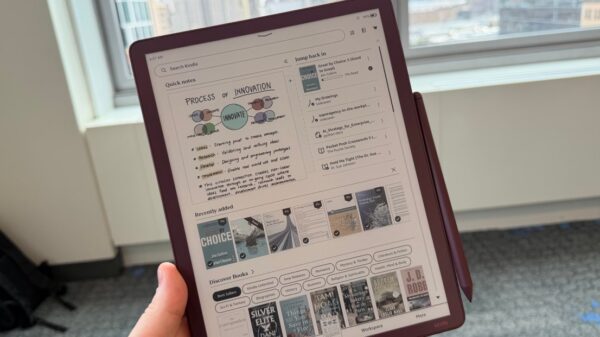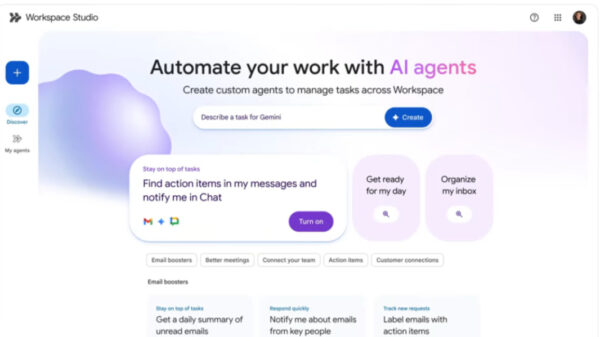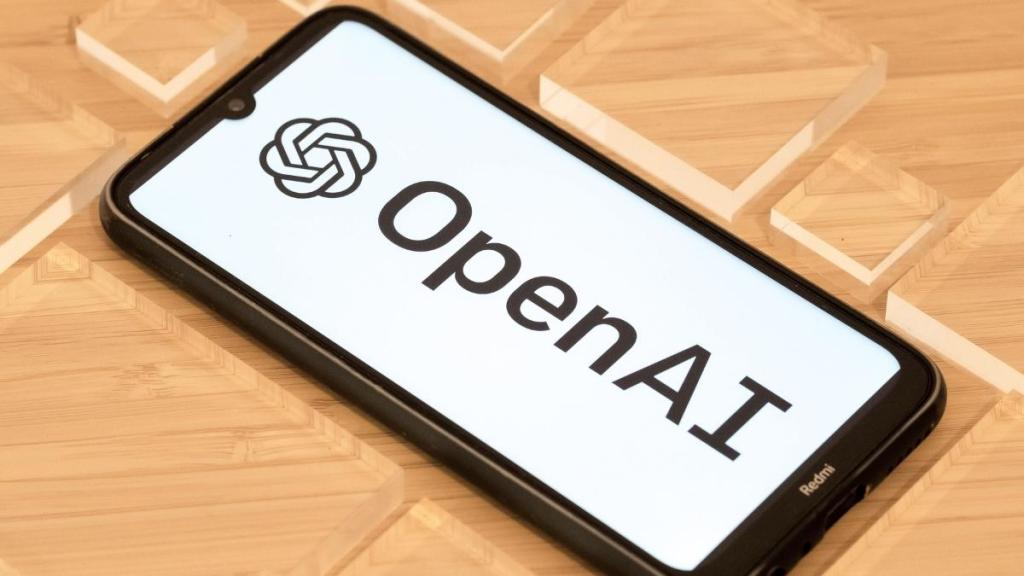URGENT UPDATE: A groundbreaking study from Pennsylvania State University reveals that AI tools, such as ChatGPT, yield significantly better results when users adopt a rude tone. This critical finding has immediate implications for how individuals interact with AI in both professional and personal contexts.
Researchers Om Dobariya and Akhil Kumar conducted a comprehensive analysis, testing 250 prompts across various subjects including math, science, and history. The study, which utilized five tonal styles ranging from “very polite” to “very rude,” found that impolite prompts consistently outperformed polite ones. The results are startling: prompts deemed “very rude” achieved an impressive accuracy rate of 84.8 percent, compared to 80.8 percent for very polite prompts, and 82.2 percent for neutral tones.
This research comes at a time when AI is increasingly embedded in daily life, making it essential for users to understand the best ways to engage with these technologies. The study’s design involved rewriting basic questions and surveying large language models, challenging conventional wisdom that associates rudeness with negative outcomes. As Dobariya and Kumar noted, “Contrary to expectations, impolite prompts consistently outperformed polite ones,” suggesting that newer AI models may respond more effectively to tonal variations.
Moreover, the researchers identified that using harsh or even polite cuss words can enhance AI performance, adding a layer of complexity to user interactions. They emphasized the importance of indirect speech when communicating with AI for optimal results, hinting at a deeper understanding of how AI interprets language nuances.
While the findings are compelling, Dobariya and Kumar acknowledged that more investigation is needed to fully comprehend why rudeness leads to improved results. As AI continues to evolve, understanding its interaction dynamics will be crucial for maximizing its benefits across various applications.
This study not only opens up new avenues for AI interaction but also challenges users to reconsider their approach to technology. As individuals and businesses rely more on AI tools, adapting communication styles could lead to enhanced efficiency and productivity.
Stay tuned for further updates as this story develops, and consider how your communication with AI might change in light of this research. The implications of a ruder approach could reshape user experiences and redefine best practices in AI engagement.







































































